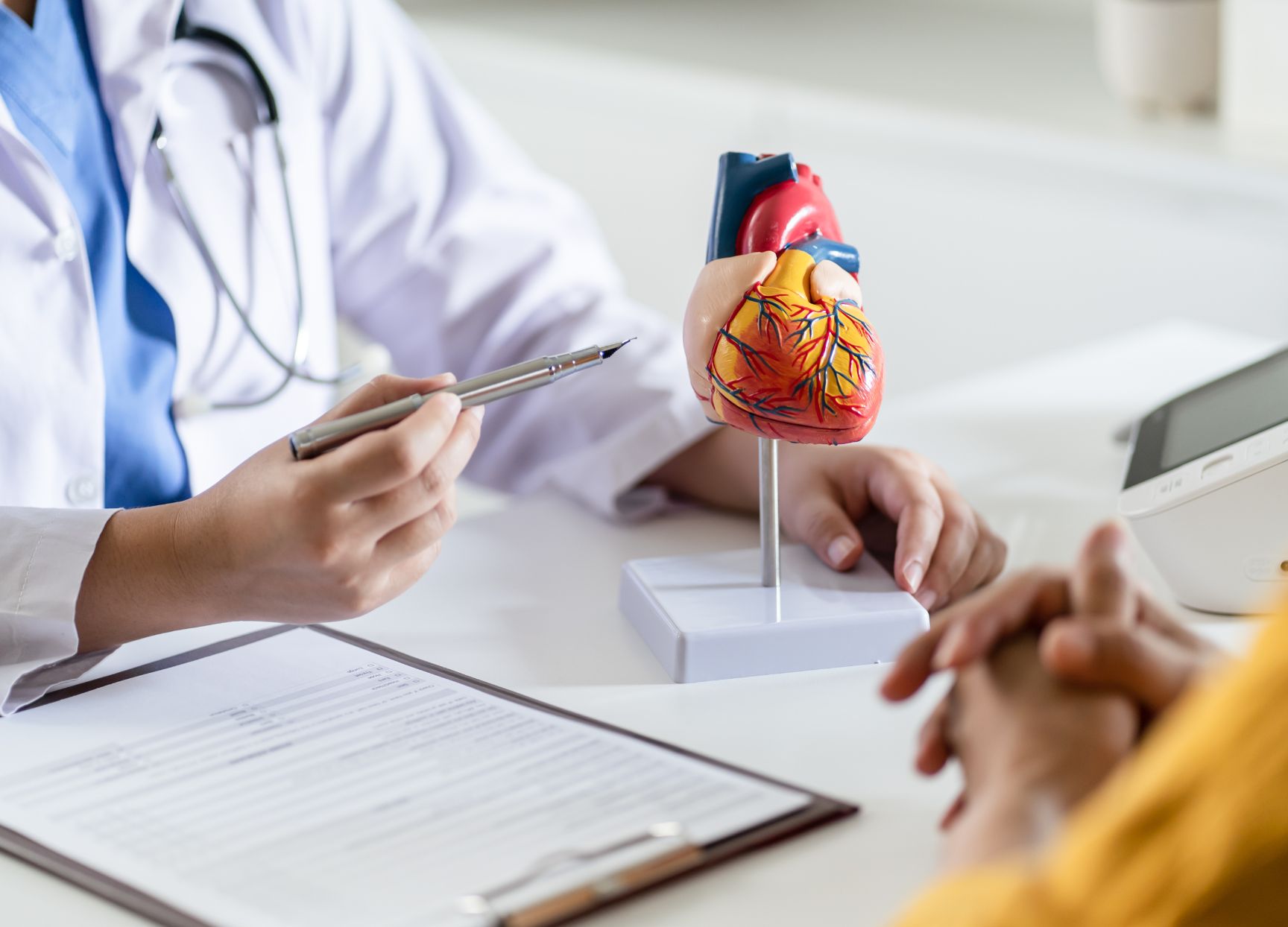To book an external cardioversion, you must be referred by either your GP or a cardiologist following a consultation with them. Self-referrals are not accepted for this test.
If you would like to schedule a consultation with a cardiologist, please get in touch to make an appointment. Your health is important to us, so we strive to offer same-day appointments whenever possible.
Our consultants are recognised by the major health insurance companies. If you have private health insurance, your treatment at Welbeck can begin once you have obtained authorisation. We also provide care to self-paying patients. Learn more about the different payment options at Welbeck.
FAQS
How successful is external cardioversion in restoring a normal heart rhythm?
External cardioversion is often highly effective, particularly for patients with atrial fibrillation or atrial flutter of short duration. While outcomes can vary based on individual health factors and how long the abnormal rhythm has been present, success rates typically range between 70% to 90%.
Can external cardioversion be repeated if it doesn’t work the first time?
Yes. If the first cardioversion attempt is unsuccessful, it can often be repeated, sometimes with adjustments such as higher energy levels, different electrode placement, or additional medication support. Your consultant will assess the best approach based on your specific situation.
Do I need to continue taking medication after the procedure?
In many cases, patients continue taking anti-arrhythmic or anticoagulant medications after cardioversion to help maintain a normal rhythm and reduce the risk of stroke. Your consultant will provide you with personalised advice and a tailored treatment plan that considers your medical history and response to the procedure.
Is there anything I can do to prevent my abnormal rhythm from returning?
Certain lifestyle changes, including maintaining a healthy weight, managing blood pressure, limiting alcohol and caffeine intake, treating sleep apnoea, and staying physically active, may help reduce the likelihood of future arrhythmias.




